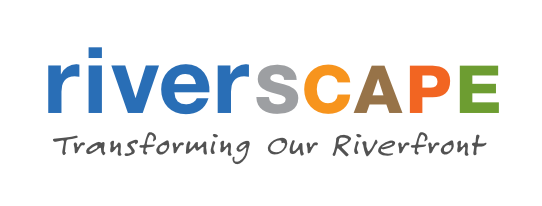Standing on the levy of the scenic J I Case Wetlands in Terre Haute, Indiana, Dr. Michelle Marincel Payne explained the importance of wetlands. Whether natural or constructed, wetlands offer many positive benefits to overall water quality on Earth.
Wetland Functions
From flood storage to the cycling of nutrients or even acting as a habitat for wildlife, wetlands play a larger role in our lives than many realize. Wetlands can complete these critical tasks through their diverse plant and microbial life that efficiently breaks down the harmful pathogens or chemicals often found in runoff from floods or in excessive nutrients. Excessive nutrients, as described by Dr. Payne, can lead to vital issues. The most prominent example is the dead zone found in the Mississippi River Delta. This area is roughly the size of New Jersey and has low oxygen and low life, which is a significant issue. The cycling and “filtering” that wetlands perform play a substantial role in preventing this issue.
Wetlands are the Solution
A standard solution to treat the water and allow the cycle of these nutrients is through the construction of a wetland. Standing next to the J I Case Wetlands, a constructed wetland, Dr. Payne pointed out that constructed wetlands are an attractive solution for many small communities. Not having as many resources as larger communities, constructed wetlands offer an economical solution for wastewater and sewer overflow situations. Undergraduate students at Rose-Hulman study this with lab-scale versions with Indiana in mind to hopefully improve water quality at home and, in turn, others in the United States.
